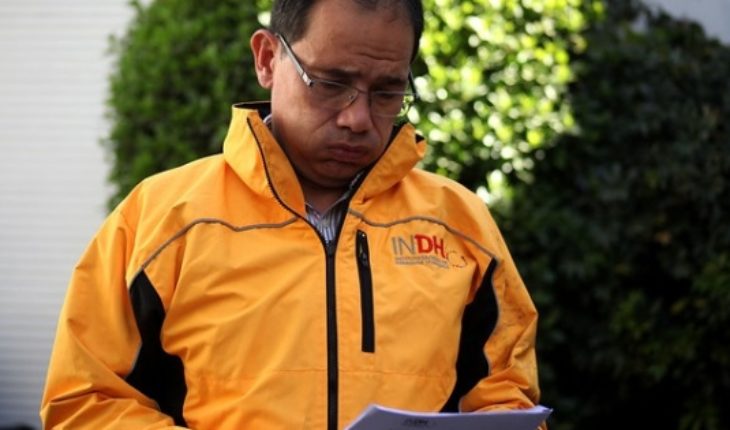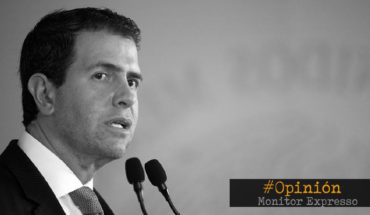The statement of the National Institute of Human Rights, Sergio Micco, on Sunday on Channel 13, where he stated that “there is no systematic violation of the DDs. HH.” in Chile drew welts, to the point that the same manager had to go out and narrow his words on Monday.
Micco participated today in a session of the INDH Council – which lasted for three hours – and then moved to the former National Congress to participate in the Commission on Human Rights, Nationality and Citizenship of the Senate, after 19 days of social outburst.
The director of the INDH took advantage of the parliamentary appointment to correct his sayings, and together with admitting that “there are a significant number of people who have suffered human rights violations,” he now stated that it is not “timely” to rule out systemicity.
“There is no evidence to be able to declare that there is a systematic violation of human rights, but it is also not the right time to dismiss it. The courts of justice are in charge of determining this situation,” he argued.
Micco attended the Senate committee accompanied by directors Consuelo Contreras, Margarita Romero, Debbie Guerra, Salvador Millaleo and Yerko Ljubetic. Also involved was the 1992 Nobel Peace Prize laureate, Rigoberta Menchú; Interior and Public Security Ministers Gonzalo Blumel; and Defense, Alberto Espina; in addition to representatives of the Armed and Order Forces, the Chamber of Commerce and the Ophthalmological Society of Chile.
Call for staff attention
Micco’s Sunday sayings caused a stir even within INDH, where one of the workers’ organizations, the National Association of Human Rights Officers and Defenders (Andedh) expressed its rejection of its sayings by noting that ” demonstrate a deep ignorance of national and international legislation on the subject.”
“Both the Rome Statute and Law 20.357 which criminalize crimes against humanity and genocides and crimes and war crimes establish a set of criteria to argue that the events that occurred during these two weeks do constitute serious violations of human rights. In this sense, relativizing the situation and denying its systematic nature not only implies falling into a technical error, but it goes against the institutional mandate that both the director, as well as all of us who work in the INDH are called to comply, and it fails to comply transitional justice obligations related to the non-repetition of events during the period 1973-1990,” they stated in a statement.
The Andedh notes that in its observation work in streets, police stations and hospitals, “we have found patterns of serious, widespread and systematic violations of human rights by state agents in these two weeks,” adding that clearly ” these are not isolated cases.”
translated from Spanish: Director of the INDH nuances his words on systematicity in DD violations. HH: “Not the right time to rule it out”
November 4, 2019 |





